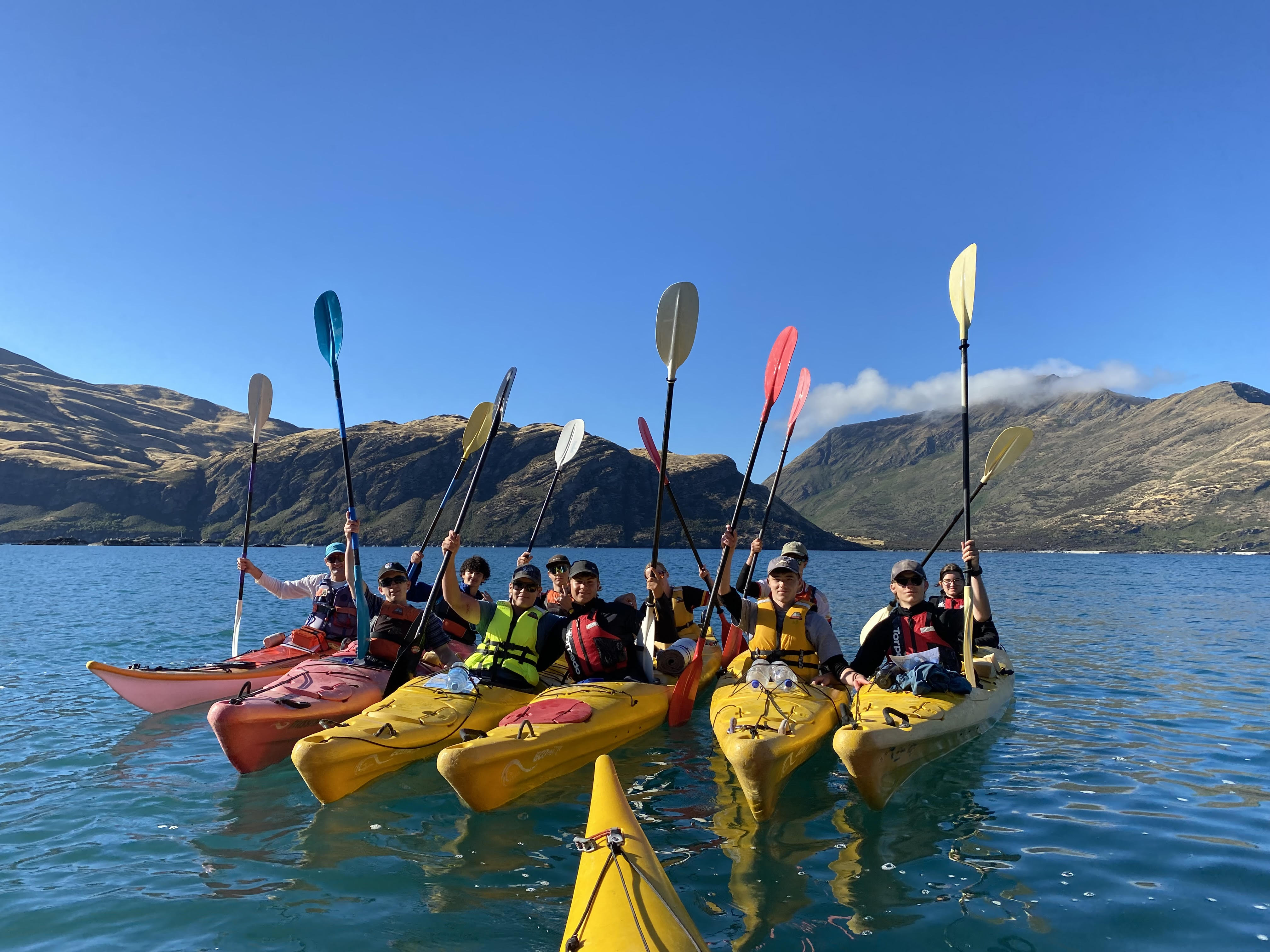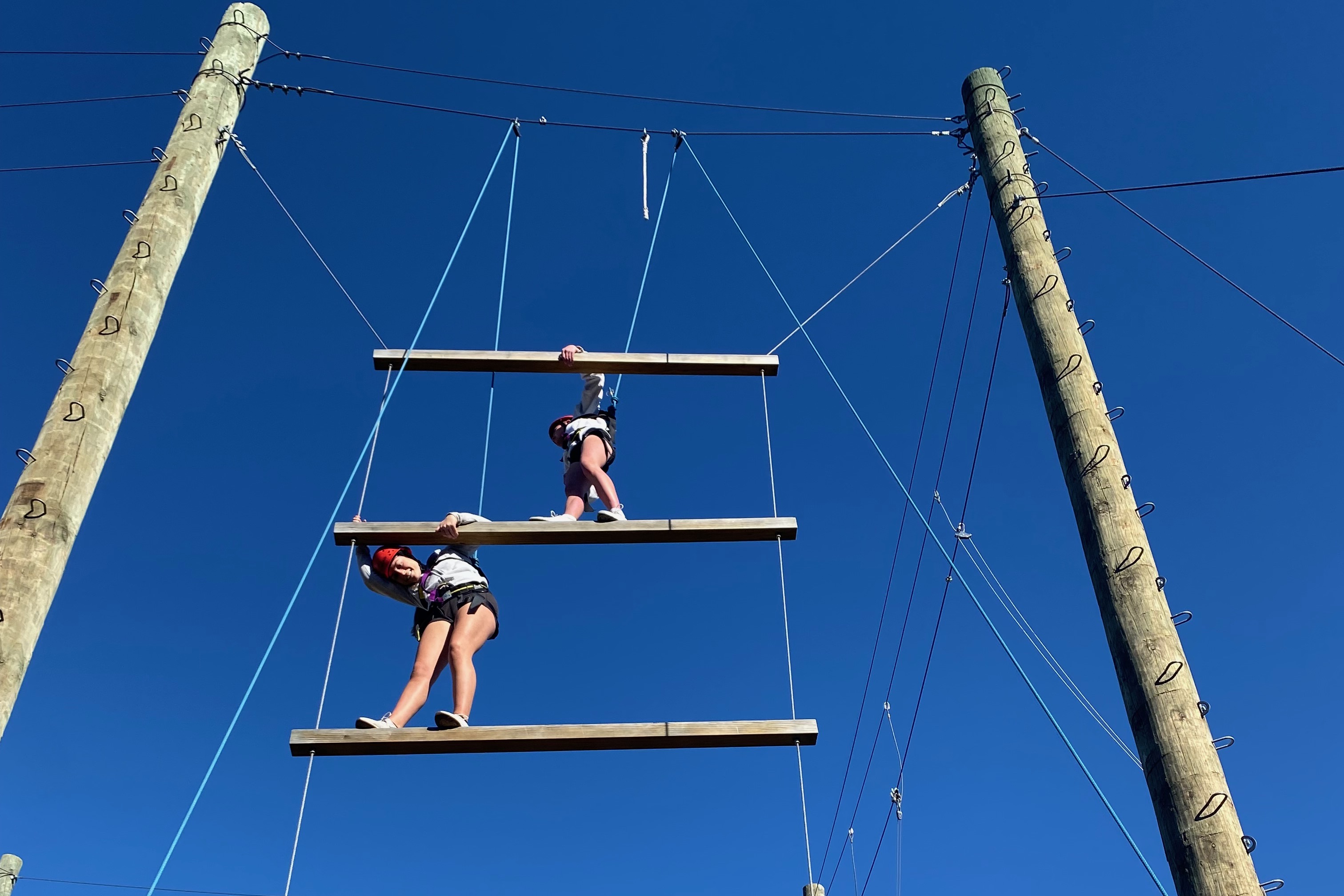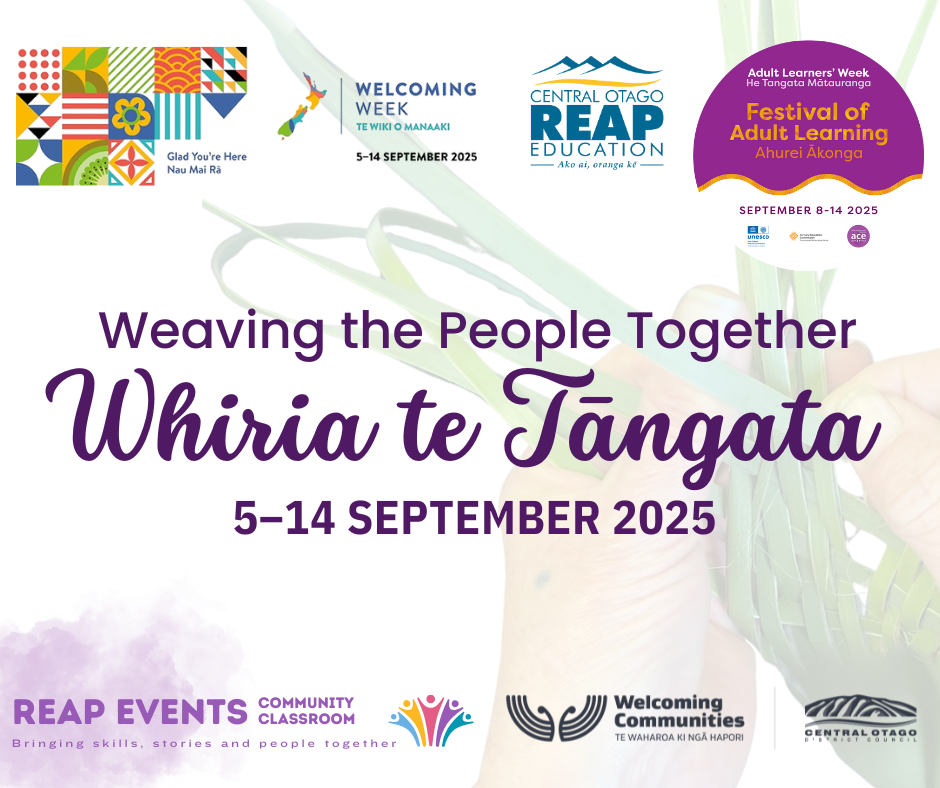Central schools fear loss of outdoor ed in NCEA overhaul
Kim Bowden
28 August 2025, 5:45 PM
 Outdoor education builds resilience and teaches teamwork and risk management, teachers say. Image: Supplied
Outdoor education builds resilience and teaches teamwork and risk management, teachers say. Image: SuppliedTeachers fear outdoor education will be downgraded for Central Otago secondary schools as the government overhauls NCEA.
The proposed changes would split senior subjects into academic and vocational tracks, and it has been indicated outdoor education will not make the cut for the academic pathway, removing it as a subject choice for many and threatening its survival.
Teacher Keri Barnett, the head of outdoor education at Dunstan High School, said that would be a mistake.
For Keri, outdoor education is about far more than hiking, biking, skiing, or climbing.
“It’s not only about experiencing and being in the outdoors; it’s about that personal development journey through the outdoors as well,” she said.
“Self-esteem, leadership, the ability to work as a team, problem-solving skills and risk management…it all helps to build resilience.”
She said those were some of the “wonderful, fundamental skills” young people need as they join the workforce and build their lives.
Dunstan High School offers outdoor education as a subject choice for its students in years 11, 12 and 13, and its classes are at capacity.
The subject is also a draw for international students.
“Currently we have international students that come here to do outdoor education…and that number is going to continue to increase,” Keri said.

Dunstan High School students tackle the ropes course as part of outdoor education - a subject under review in the government’s NCEA reforms. Image: Supplied
Up the road in Cromwell, faculty head teacher Ann-Maree Chatterton said outdoor education is a “very popular” subject for her students, with the “unique Central Otago landscape” offering a well-suited outdoor classroom.
She said her students had been surveyed and told her they “enjoy gaining skills in resilience, problem solving and physical skills such as bushcraft, search and rescue, survival, navigation, weather forecast analysis and water safety” through studying the subject.
“Our Outdoor Education students have gone on to study at New Zealand universities and polytechnics in sustainability, sports science, humanities and teacher education capacities,” Ann-Maree said.
“Some students have moved directly into vocational pathways of study and work by becoming qualified snowsports instructors and outdoor guiding.”
Principal Mason Stretch said he felt “the changes proposed would undermine outdoor education as an academic option for students”.
Keri said the government had invested in recent years in developing achievement standards for the subject, and the flagged pivot in its delivery seemed out of step with that work.
“We’ve got this value being put around it, and then all of a sudden it’s like, ‘We’ll just trash that’.”
She said New Zealand had a world-leading delivery of the subject.
“I hear that time and time again from our international students - how wonderful it is,” she said.
“I was at a conference in Canada maybe two and a half years ago for outdoor educators, and they just were in awe of some of the programs we were able to run in New Zealand.”
Consultation is now open on a proposal to replace NCEA with a new qualifications pathway.
Have a story to share or comment to make? Contact [email protected]






